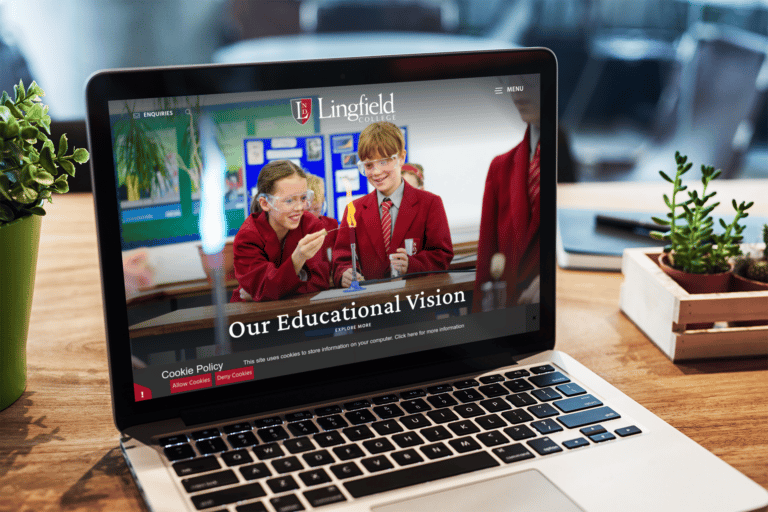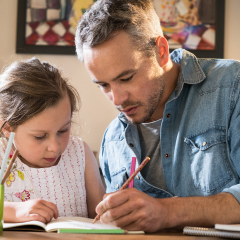Introduction
At Juniper Education, we are huge supporters of school libraries and as experts in education, we know that School Library Services are fundamental to developing engaged readers. The Great School Libraries Campaign’s overarching vision is that “every school-age child deserves to benefit from a great school library”. Here we look at the Campaign, the pivotal role it can play in supporting school libraries and its latest Research Report published last month.
About the Campaign
Great School Libraries started as a three-year evidence-based campaign to bring back libraries and access to librarians in every school in the UK. Now in Phase 2, the Campaign hopes to achieve the following outcomes:
- Clearly defining what constitutes a great school library in terms of staff, stock, and space.
- Demonstrate the impact of a great school library through a strong evidence-base.
- Engage with heads, teachers and governors and raise awareness with decision makers of the impact and value of school library staff to generate better opportunities both for themselves and the students they work with, conditions and pay.
- Empower school library staff to articulate and evidence their impact on attainment, wellbeing and value-added for children and young people.
2023 Research Key Findings – Primary School Libraries
- 14% of primary schools have no library.
- 70% do not have a dedicated member of staff. This is usually because of budget restrictions but a significant percentage indicate that this is because the role can be fulfilled by another member of staff, suggesting that school leaders do not fully appreciate the impact a great school librarian can have.
- Most primary schools (84%) use their library space for other purposes.
- Just over two thirds of primary libraries (65%) are open for six hours or less during the week, limiting a child’s ability to browse and find suitable reading resources.
- Nearly two thirds of primary schools (62%) also report that they do not have a designated library budget meaning a limited ability to keep resources up to date, relevant and appealing.
2023 Research Key Findings – Secondary School Libraries
- 86% of secondary schools have a designated on-site library a notable drop from 96% in 2019.
- Half of all secondaries with library spaces are likely to open them for between six and eight hours daily (55%).
- 50% of secondary school libraries are attended by library staff for between six and eight hours, a reduced number of staffed hours compared to 2019 (61%).
- 80% of secondary schools use their library space for other purposes, reducing the time when it can be used by pupils and restricting access to reading and learning materials.
Schools without a Library
- Of those schools that do not have a designated school library space, 85% say it is due to a lack of space, with one in five mentioning budget constraints.
- Children attending schools with a higher percentage of pupils eligible for FSM are less likely to have a school library.
Resources
- Schools with the highest proportion of students eligible for FSM have access to, on average, 60% fewer physical resources than those with the lowest rates of FSM.
- 40% of indicated that reading was restricted by the subsequent lack of resources – that’s nearly half of respondents who know that resourcing is having a negative impact on children’s reading.
School Library Service Impact
- The report shows that schools who utilise their local School Library Service offer are the most likely to agree that their pupils have access to the necessary level of resources (60%), and least likely to disagree (21%).
- These schools are also more likely to agree that their provision provides pupils with the quality of resources needed to support their development (66% compared with 47% overall).
Conclusion
The report concludes that efforts to develop school libraries are essential so that “pupils can take advantage of the benefits they can deliver in relation to learning, reading and wellbeing” and makes the following recommendations to governments and school leaders.
Recommendations to Governments
1. Ensure every school has a library with a librarian.
2. Encourage school leadership to make the best use of their library.
3. Embed school libraries into the inspection frameworks for schools and make it a part of the annual curriculum.
Recommendations to Senior Leaders in Education
1. If you have a school library, engage with the librarian to discover how they can further enhance your school’s educational offer.
2. If you don’t have a school library or library staff, actively support the sector bodies in their work to ensure all pupils can benefit.
Our Education Resource Services
School Library Services and our own Education Resources Service are ideally placed to support schools with many of the issues raised in this report. They offer the expertise of experienced school librarians and a pool of quality resources delivered in cost-effective bundles supporting reading engagement and learning across the curriculum.








